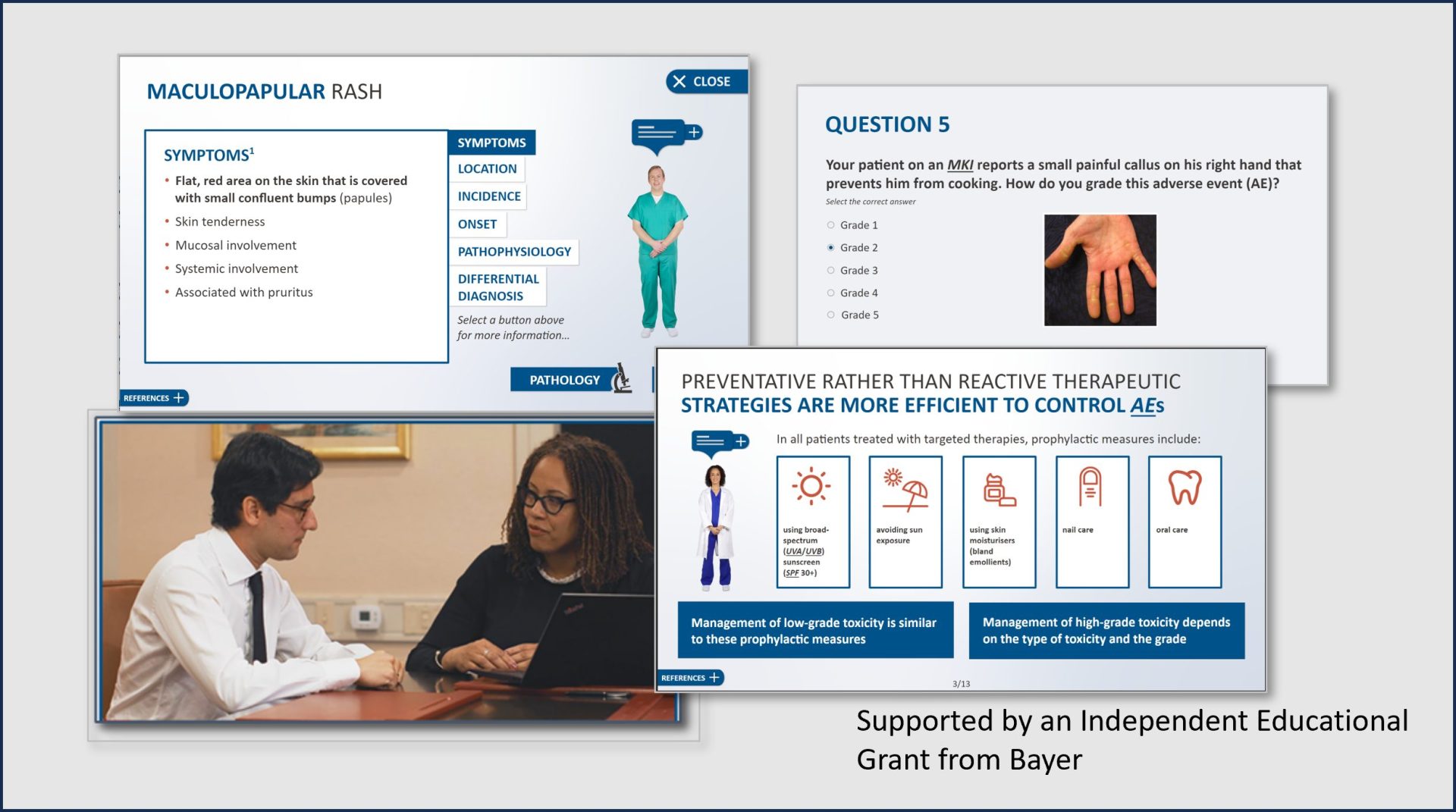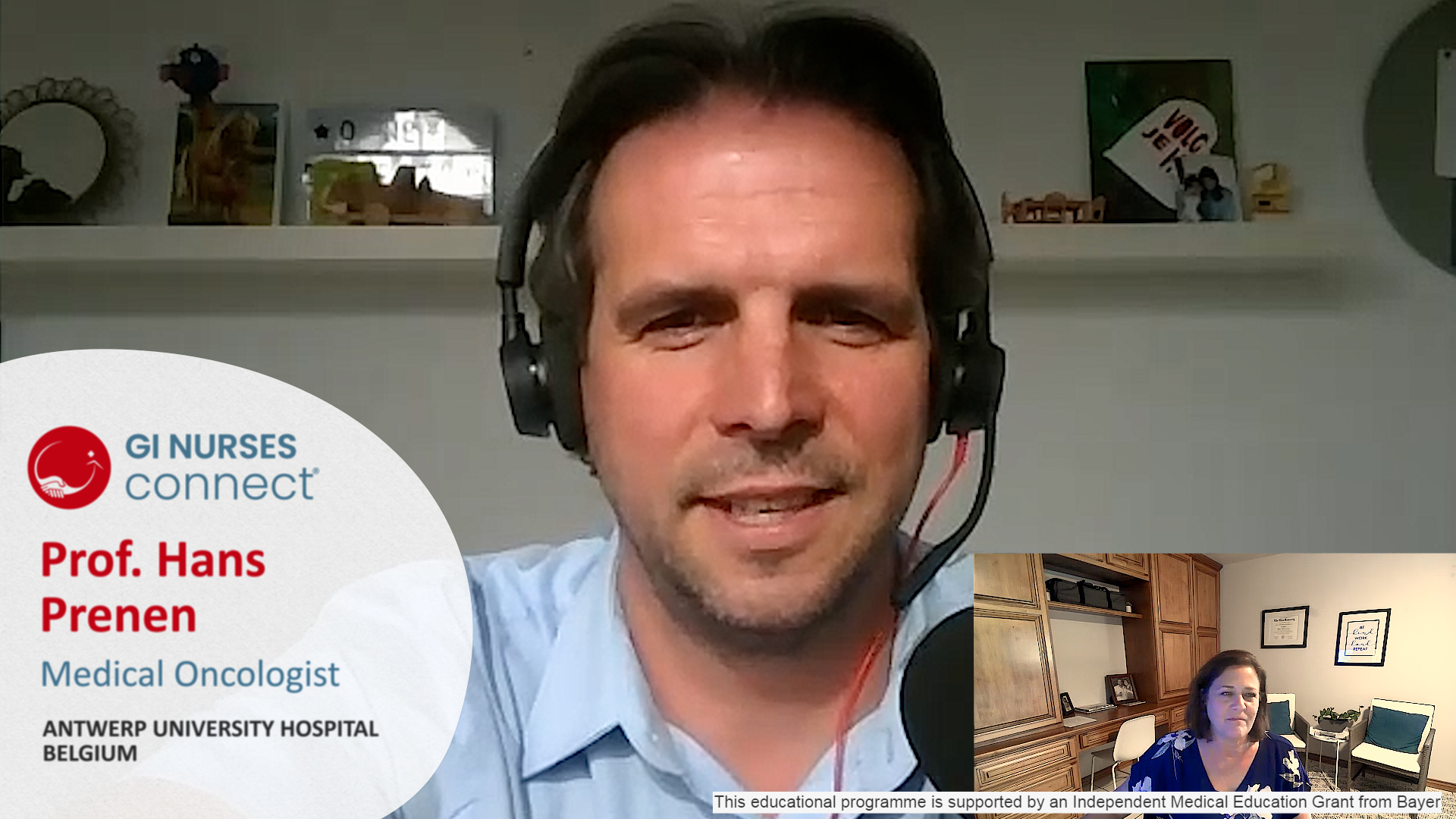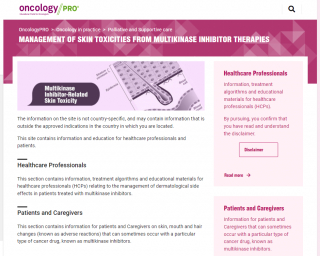In this downloadable slide deck, developed by Prof. Alison Layton and Prof. Dr Falk Ochsendorf, you will learn about multimodal treatment strategies for acne vulgaris.
Topics include:
- Introduction to acne vulgaris
- Disease development
- Disease burden
- The evolving treatment landscape
- Multimodal treatment strategies
- Conclusions
More educational materials coming soon!
Check back soon to continue your learning with a concise animated video, downloadable flashcard, and an assessment to earn CME credits!
Clinical takeaways
- Acne vulgaris is driven by four key pathogenic factors: Excess sebum production and constituents, inflammation, follicular hyperkeratinisation, and microbial changes
- Treatment options and guidelines: Latest guidelines provide excellent evidence-based treatment options available to optimise acne outcomes aligned to patient needs and expectations
- Appropriate placement of therapies: Depends on disease severity, duration, disease burden, history, prior therapies and response
- Use multimodal treatment strategies: Combining treatments targeting different pathogenic factors is essential to achieve best efficacy






 Downloadable
Downloadable  60 MIN
60 MIN
 Jun 2022
Jun 2022 

